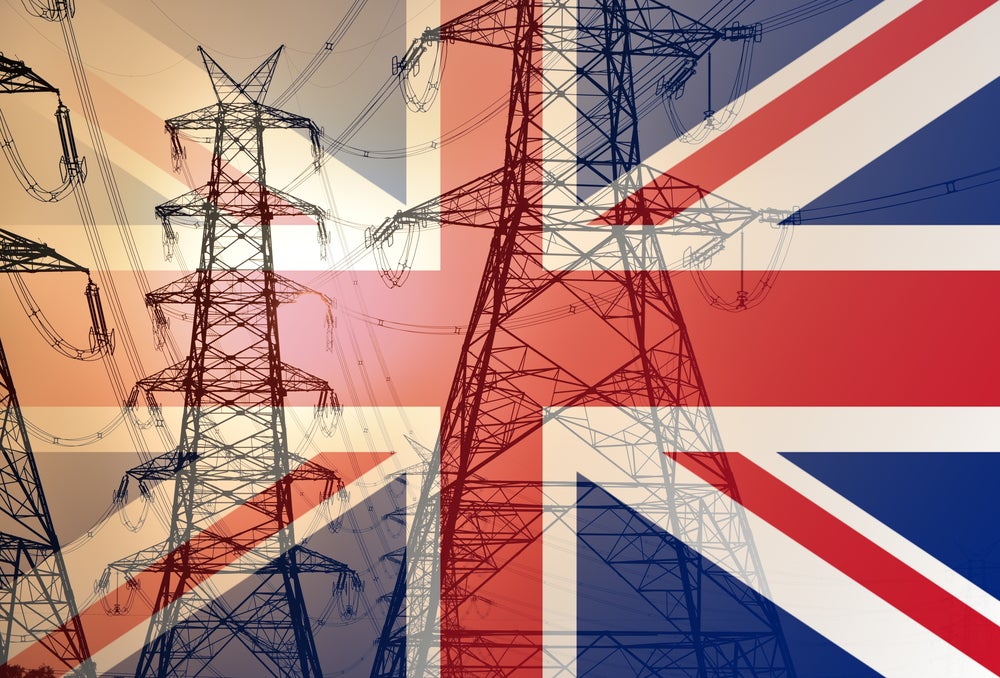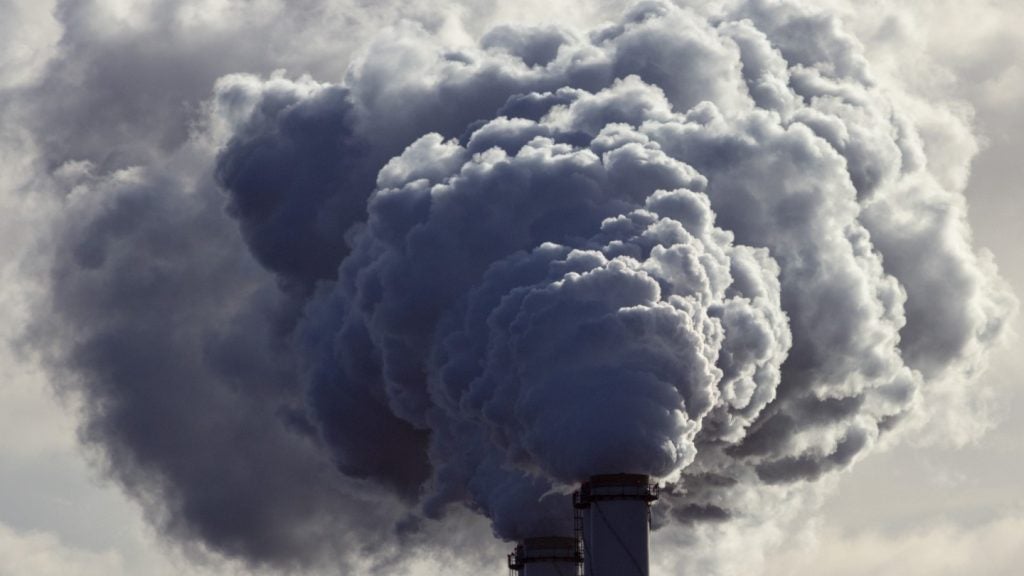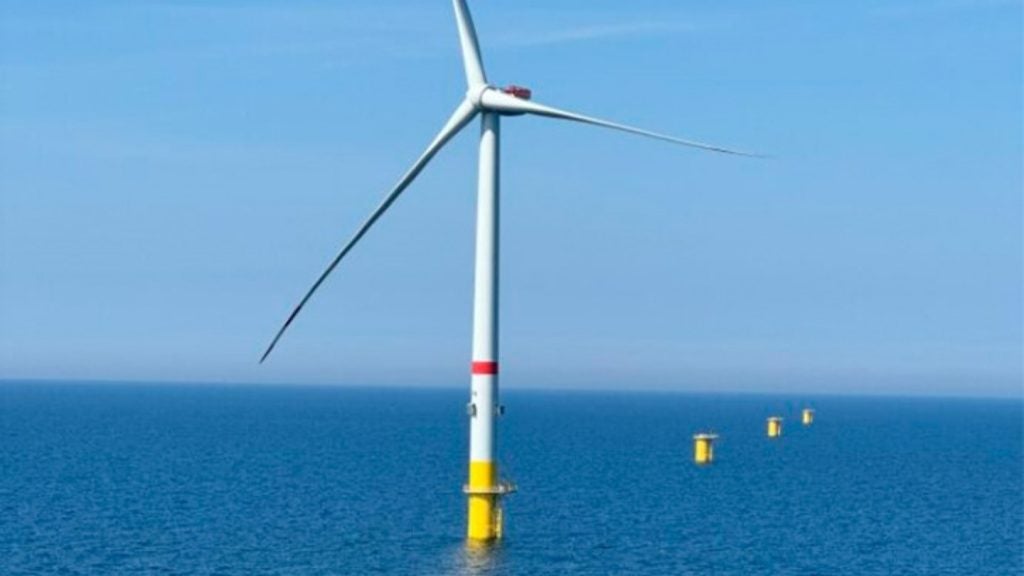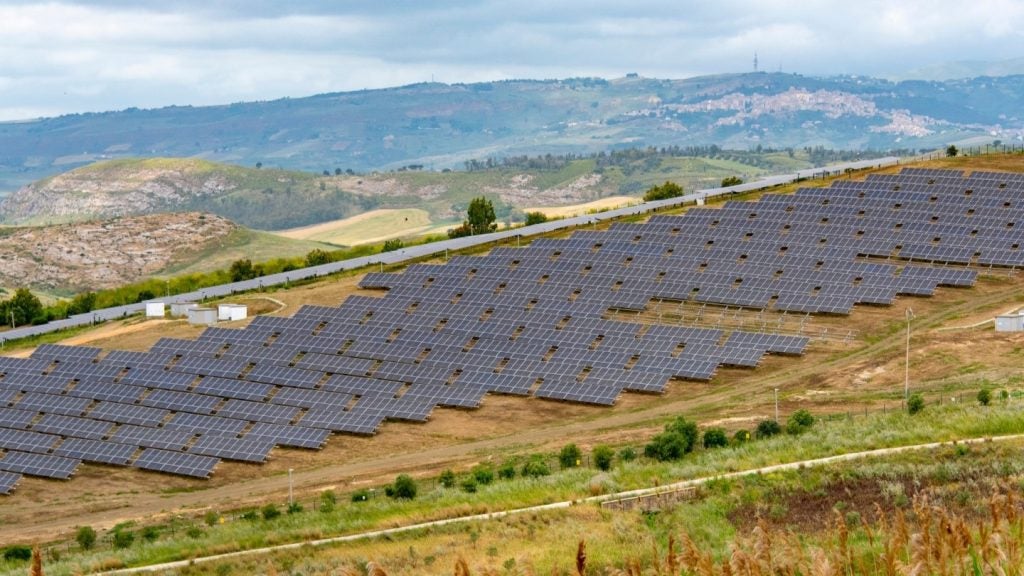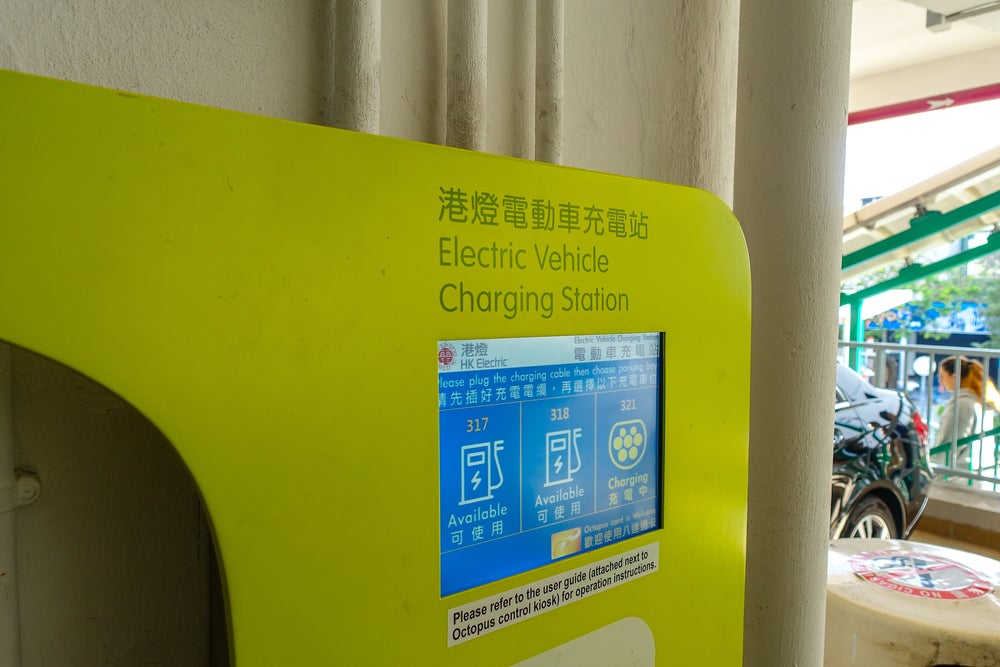
Authorities in Hong Kong have raised the target for the number of electric vehicle (EV) charging stations in government buildings to 7,000 before 2025, the South China Morning Post (SCMP) reports.
In a document submitted to the Legislative Council on Monday, the government pledged to provide additional parking spaces with supporting EV chargers as part of measures to reduce carbon emissions from fossil fuel-powered and hybrid vehicles.
The move comes after a previous target of 5,000 station installations was met last year, with 5,300 EV chargers installed by September 2022. This includes 2,200 charging ports located in government facilities. All new government buildings will also have EV chargers installed as default.
Other environmental measures outlined in the document include trailing hydrogen fuel cell buses and heavy vehicles this year, testing electric ferries by 2024. Conducting trials for at least 180 electric commercial vehicles and introducing approximately 700 electric buses as well as 3,000 electric taxis are also planned to commence by 2027.
“The transport sector … was the largest air pollution source,” a spokesperson for the Environment and Ecology Bureau said in the plans. “The exhaust emissions of motor vehicles are the main cause of roadside air pollution.”
“Promoting the adoption of new energy transport has been one of the major strategies of the government to improve air quality.”
How well do you really know your competitors?
Access the most comprehensive Company Profiles on the market, powered by GlobalData. Save hours of research. Gain competitive edge.

Thank you!
Your download email will arrive shortly
Not ready to buy yet? Download a free sample
We are confident about the unique quality of our Company Profiles. However, we want you to make the most beneficial decision for your business, so we offer a free sample that you can download by submitting the below form
By GlobalDataHong Kong’s Climate Action Plan, unveiled in 2021, set a target to halve the special administrative region’s carbon emissions by 2035 from 2005 levels, to eventually reach net zero by 2050.
Chief Executive John Lee Ka-chiu said last year that the government would stop registering new fossil fuel and hybrid private cars by 2035 or earlier. The region also introduced tax breaks in 2018 for EV users, incentivising consumers and companies to switch to low-carbon transport.
In 2022, more than half of newly registered private cars were EVs, the SCMP reports, totalling 19,795 vehicles.
Secretary for Environment and Ecology Tse Chin-wan last week said: “We will continue to devote resources to promote trials and adoption of various electric modes of transport, including buses, light buses, taxis, goods vehicles, and ferries.”
Elsewhere, electric and zero-emissions ferries have begun trial stages. UK oil and gas giant Shell on Monday launched its first electric ferry as its Singapore petrochemicals refinery to keep up with the city-state’s new harbour craft emissions rules. In San Francisco, US, the first zero emissions hydrogen fuel cell ferry began trials last month.



